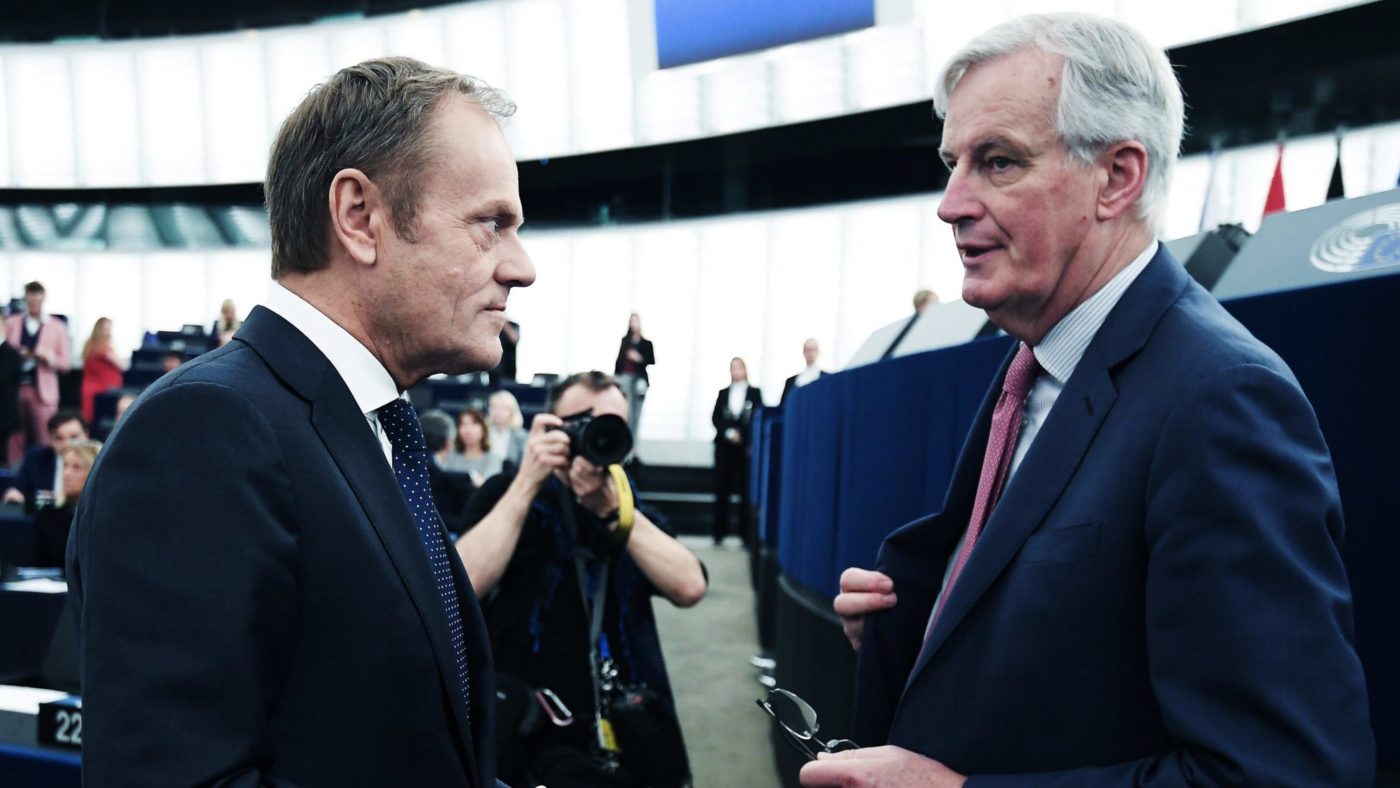Tortuous, chaotic, fractious – all of these words could describe the UK’s attempt to negotiate an exit from the EU. Yet negotiations so far have mainly focused on only a few issues: the UK’s financial settlement, the rights of citizens and a solution to the Irish border.
The far more complex negotiation on the future relationship is still to come. Its end result will be a legal agreement covering virtually the whole of the UK economy, security and defence cooperation and cross-cutting issues like workers’ rights and environmental standards. That in turn will mean coordinating much greater involvement of departments and arms-length bodies to handle the detail, as well as reconciling conflicting external interests and competing ministerial demands.
The UK is not ready to begin a negotiation of this scale – the Government is still focused on the withdrawal deal, which has been rejected by the House of Commons three times. Failure to ratify means the UK’s exit has been kicked into touch at least until October, and in the meantime, different factions in Government, Parliament, and within parties are intensely engaged in a dialogue of the deaf.
But, if the Government is to avoid repeating the mistakes that have led us to this cul-de-sac, it should use the time it has now to consider how we can get a better outcome in the next phase.
To start with the UK needs to learn some of the lessons from phase one. Negotiations succeeded where the UK decided on its objectives early and engaged with specifics. For example, with the financial settlement, the Treasury drilled down into the detail of what that meant in practice, while resisting demands for an upfront settlement.
But the UK struggled on the big questions – cabinet could not agree on what they wanted from the future relationship, and when trade offs were attempted in the Chequers white paper, it triggered multiple resignations. The split responsibilities between No.10 and the Department for Exiting the EU (DExEU) caused unnecessary tensions and would obscure who was responsible for what. Too often the UK had one message for a domestic audience and another for the EU – and acted as though no one in the EU paid attention to our press or Parliament.
The UK might not be able to fix all of the issues but there’s still a lot the Prime Minister’s successor can do differently. To prepare for the next phase the Government should try to address three main challenges: clarifying its negotiating objectives, sorting out negotiating roles and responsibilities, and building a better, more coherent engagement strategy.
Whether it is Parliament, the Government, a general election or a second referendum that breaks the current deadlock, the starting point for the next negotiations has to be a clear view of where we want the final relationship to end up. The UK could learn from the way the EU approaches negotiations.
Where Theresa May set red lines with little consultation or external input, the EU involved all the member states and the Commission in devising its negotiating mandate. Similarly, this time round the Government should use a process of devising a mandate as a way of engaging parliament, devolved administrations and external expertise. It should ultimately then publish a mandate that answers the question of what kind of future relationship it is seeking, taking account of what is negotiable.
Even before it agrees a mandate, the Government needs to be thinking about the right structures for negotiating. Whoever succeeds as Prime Minister cannot oversee the day-to-day detail of the negotiations – but will be ultimately responsible for the final outcome. The next Prime Minister needs to appoint a senior Cabinet minister, capable of knocking departmental heads together, as his or her political deputy.
Below this we need a supporting institutional machinery that reflects where the power is and where the key decisions will be made. Therefore, the Phase Two negotiations should be coordinated by a beefed-up Europe Unit in the Cabinet Office, not DExEU. Having a clear command-centre will help to coordinate the large number of departments involved – they all need to be working together, rather than pulling in different directions.
Finally, the UK needs a change of tone and approach in its engagement with interested parties. The EU made a virtue of its transparency and willingness to engage during Phase One; the UK evidently did not. The Government needs to be more open to outside voices in the next phase and it needs to give businesses and civil society organisations the confidence that messages are being heard and delivered to the right places.
It also needs to remember the other side and build a properly-informed diplomatic strategy. This must take into account intelligence from the Foreign Office and ensure that messages intended for domestic audiences are do not end up damaging relations with the EU.
These negotiations are the most important the UK has faced in over four decades. It is already clear with the extension of Article 50 that the timeline for negotiating will be incredibly tight. The Government needs to begin preparations now or it will risk stumbling into the next phase of negotiations with the EU without a plan.
CapX depends on the generosity of its readers. If you value what we do, please consider making a donation.


